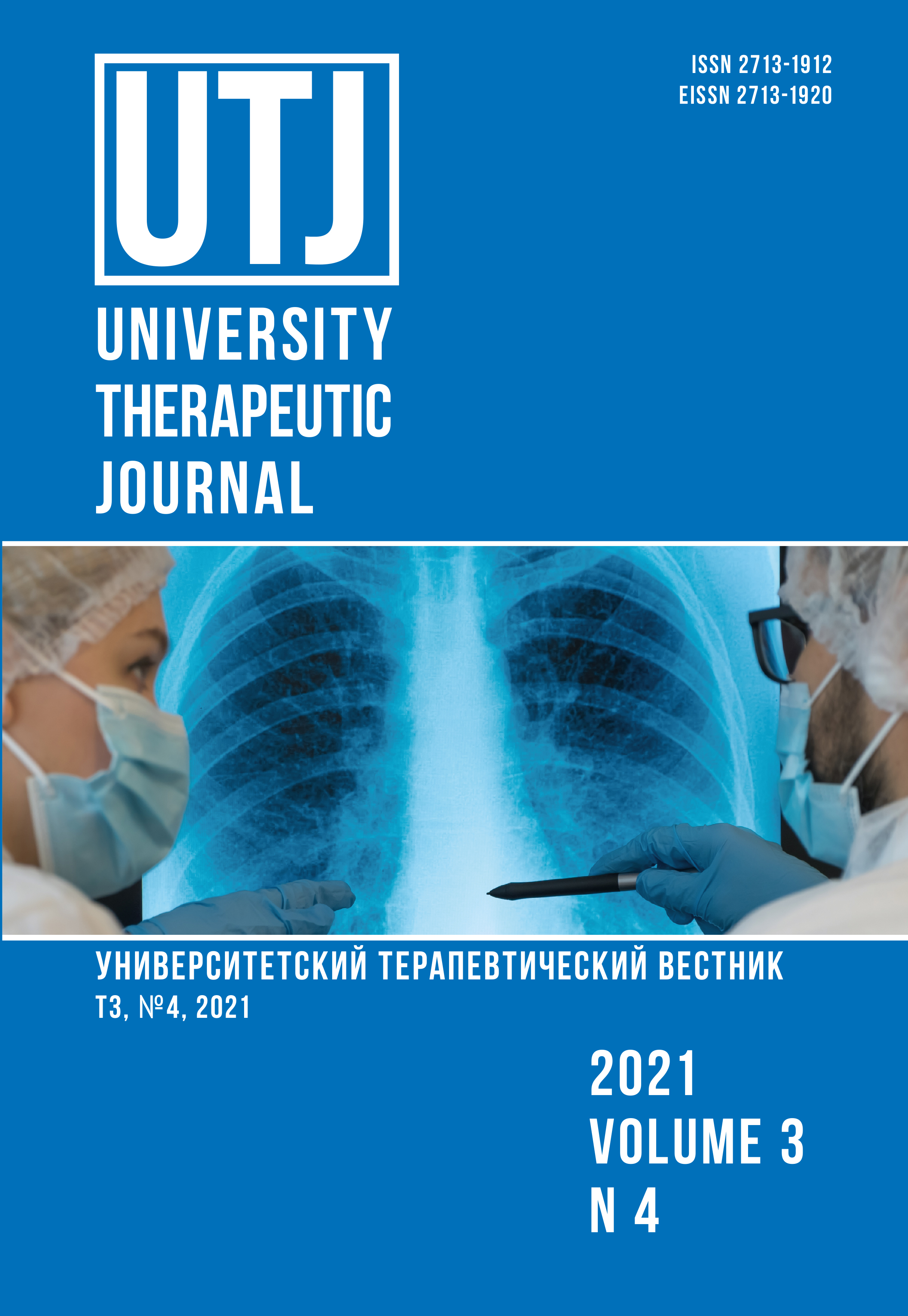Biological role, properties and clinical significance of melatonin in virus induced infection SARS-Cov-2
Abstract
The review summarizes current ideas about the biological effects of melatonin and its role in the treatment and prevention of SARS-CoV-2 virus infection. The relevance of this topic is due to the need to search for new approaches to the treatment of this infection and the appearance in foreign literature of information about the positive effect of melatonin preparations on the course and outcome of the disease. Currently, in the context of a pandemic caused by the SARS-CoV-2 virus, the development and use of vaccine and special antivirals is a significant problem due to the high rate of mutation of the virus genome and the lack of a clear understanding regarding the effects of the virus on the human immune system. Antiviral, corticosteroid therapy and mechanical respiratory support have shown their effectiveness in treating this pathology, but no specific treatment for SARS-CoV-2 virus infection has been developed to date. Finding for new drugs for the treatment of this disease is a priority area of modern medicine. It is known that melatonin has cytoprotective, anti inflammatory and immunomodulatory properties, which allows it to be considered as a potential applicant for use in the integrated therapy of coronavirus infection. Melatonin has been shown to be effective in patients hospitalized with coronavirus infection by reducing vascular permeability, reducing anxiety, reducing the use of sedatives and improving sleep quality


